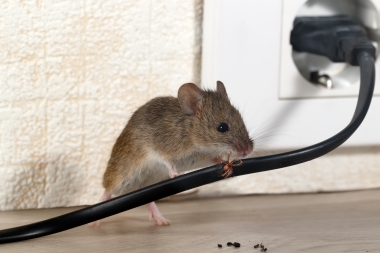The Public Protection Partnership does not provide a pest treatment service, you are advised to consult the British Pest Control Association (BCPA) website for advice and details of local contractors that will undertake pest treatment services.
If you believe a rodent infestation is coming from a neighbouring property and discussions with the neighbour have not worked, you can report it to us Report an Infestation of Rats or Mice - West Berkshire Council You can report for Bracknell Forest and West Berkshire via this form. We will require evidence that the infestation is at a neighbours, for example a copy of your pest controller’s report.
Please try not to contact Environmental Health for general advice about pest control - better advice can be obtained from the British Pest Control Association (BCPA) website
If you are a tenant, please discuss any pest concerns with your landlord first.
PPP endorse the Campaign for Responsible Rodenticide Use (CRRU) Code of Practice principles which focuses on preventative measures of pest control. Unnecessary use of poisons can result in a high level of resistance and may also be harmful to wildlife.







